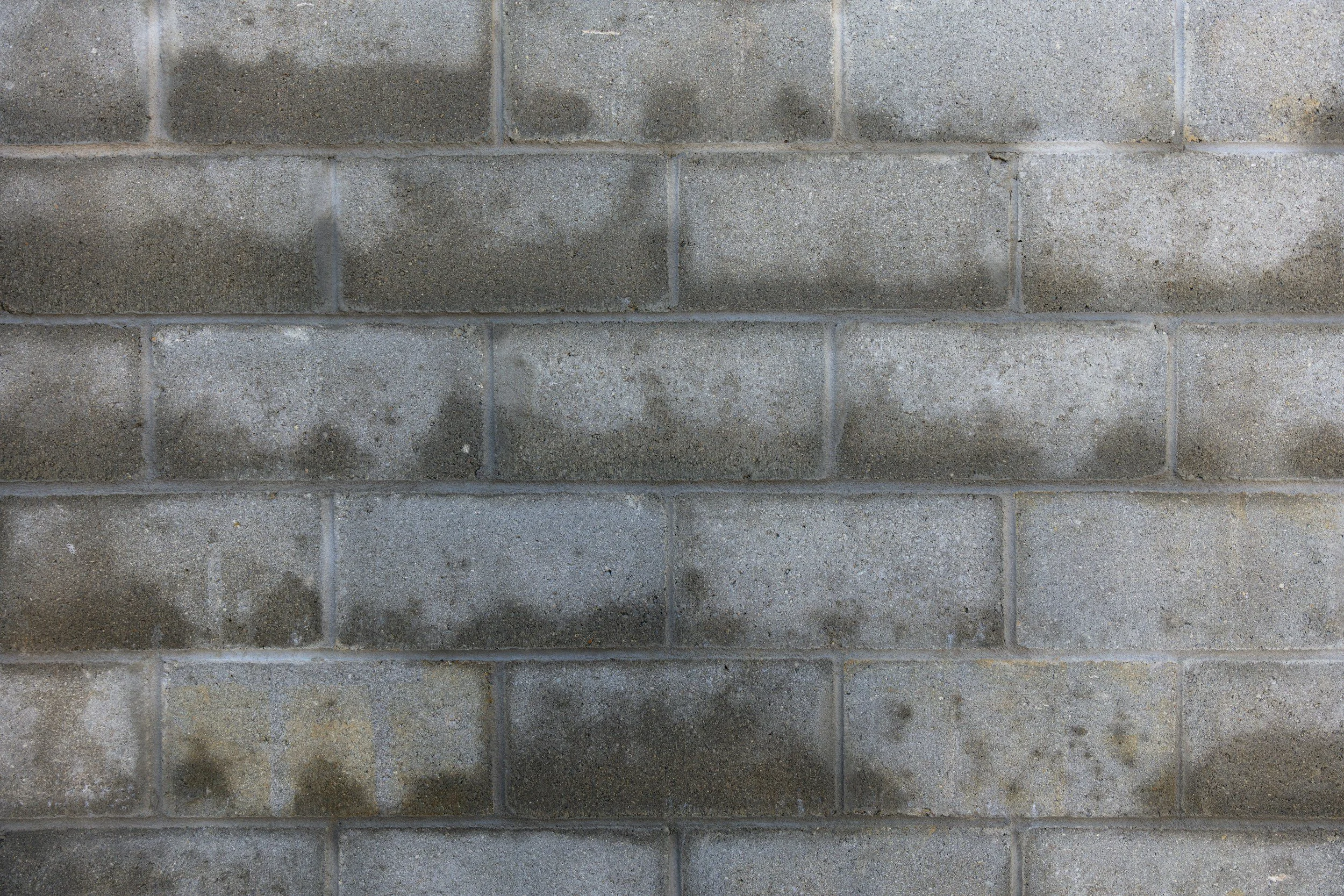
The Troubled Teen Industry
The troubled teen industry is a network of under-regulated, powerful and punitive residential facilities that claim to 'fix' youth using 'tough love' and other non-evidence based practices
-Meg Appelgate
Maia Szalavitz, an award-winning journalist specializing in addiction and public policy, has been a leading critic of the TTI for decades. In a 2006 interview, she compared the industry's abusive practices to the "Geneva Convention for prisoners of war". In her book, Help at Any Cost, she defines TTI programs as "places where the abuse is the treatment".
The “Troubled Teen Industry”: Treatment or Trauma?
The Troubled Teen Industry (TTI) is a multi-billion dollar network of residential treatment centers, wilderness programs, and therapeutic boarding schools. They promise to help adolescents struggling with behavioral or emotional challenges. But for thousands of us who lived through it, the reality was very different.
I am not just a therapist who treats survivors of this industry. I am a survivor of this industry. I know what it means to be sent away. I know the language of “getting gooned”, "levels," attack therapy, “weird” workshops and forced silence. And I know the profound relational injuries caused by being sent away by your own parents to people and places that hurt you.
The Hidden Reality
While some programs offer genuine support, a significant portion of the industry operates without meaningful regulation or evidence-based practices. They often rely on a model of "Breaking the Child" rather than healing them.
What It Is Not:
It is not standard mental health treatment.
It is not always safe.
It is not your fault.
The Tactics of Control Many programs utilize techniques derived from the cult Synanon, which function more like brainwashing than therapy.
Isolation: Cutting off contact with the outside world.
Deprivation: Restricting food, sleep, or comfort as punishment.
Forced Confession: Public shaming sessions disguised as "accountability."
Attack Therapy: Breaking down a child’s identity to instill a new belief system.
This process leads to a profound disconnection from one’s authentic self and a deep distrust of authority figures—including therapists.
The Aftermath: Complex PTSD & Moral Injury
Graduates of these programs often leave with more trauma than they arrived with.
Complex PTSD (C-PTSD): Flashbacks, emotional dysregulation, and a pervasive sense of hopelessness.
Moral Injury: The shame and confusion that comes from being forced to act against your own values to survive, or from being betrayed by the adults who were supposed to protect you.
The "Failure to Launch": Many survivors struggle in their 20s and 30s not because they are broken, but because they were institutionalized and traumatized during critical developmental years.
The Family Wound: Betrayal & Manipulation
For many survivors, the deepest wound isn't what happened in the program; it is the fact that their parents sent them there. It feels like the ultimate abandonment. It creates a rupture in the attachment bond that can last for decades.
However, the tragedy of the TTI is that it victimizes the whole family. This industry is built on a predatory business model. Educational Consultants and Program Marketers use fear tactics to manipulate terrified parents.
They tell parents: "If you don't send them away, your child is going to die."
They promise: "We are the only ones who can save them."
Most parents sent their children away not out of malice, but out of desperate love and misinformation. They were sold a lie by an industry that profits from family separation.
Healing the Rift In our work together, we hold space for the anger and the betrayal you feel. We validate that you were hurt. But we also work to understand the systemic manipulation that trapped your parents, allowing for a path toward forgiveness—not by erasing the past, but by understanding the true villain: The Industry.
Reclaiming Your Life: Therapy for Survivors
The idea of going back to therapy can be terrifying when your first experience of "therapy" was abusive. My practice is a sanctuary for TTI survivors. I understand the unique language and landscape of what you went through. You don't have to explain the unexplainable to me. I get it.
Our work together focuses on:
Deprogramming: Identifying the toxic beliefs instilled by the program and replacing them with your own truth.
Reclaiming Autonomy: Moving from "Compliance" to "Agency." You are in charge here.
Somatic Healing: Using Somatic Experiencing and Trauma Release Exercises (TRE) to discharge the fear that is still trapped in your body from years of hyper-vigilance.
Integration: Using EMDR and Internal Family Systems (IFS) to heal the younger parts of you that were exiled.
You survived the program. Now, let’s help you survive the peace. Together, we will confront the remnants of the trauma, rebuild your trust in your own intuition, and forge a future grounded in resilience, self-acceptance, and true freedom.


